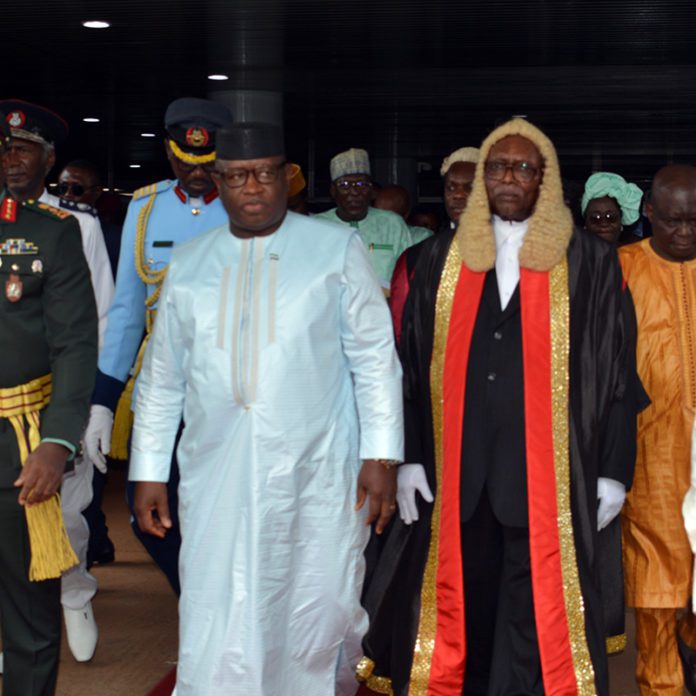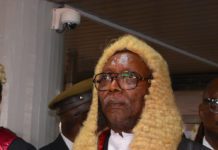
By Jaime Yaya Barry
Imagine spending so much time and resources on changing electoral laws to help you remain in power, and immediately you lose the elections right after changing the rules. Then the very laws you wanted to use against others eventually start working against you. The same laws now make it harder for you to contest and win future elections. What you changed that gave you the powers as President to dismiss electoral commissioners for “professional misconduct” because you are unsatisfied with their performance during elections are now used against your party.
I don’t know much about the constitutional requirements for Proportional Representation, but my understanding is that it was to be applied (in our case) in situations where there are no constituencies and the country, at the time, had very hard-to-reach communities. But apart from that requirement, many of the arguments so far in support of this system appear very unconvincing.
The idea that the PR system will unify us as a nation and minimizes the chances of election violence doesn’t seem to add up. Some even cited how well it worked during Pa Kaba’s time as President but forgot (or failed) to note that the system worked during his presidency mainly because of who Pa Kaba was as a leader. Even as inclusive as it may sound, the system will hardly work under an administration or president bent on dividing the nation. This system will not work under a divisive leader who doesn’t believe in national cohesion. Instead of forcing the leader to act right, the leader will manipulate this PR system to divide the nation further as long as it works in his interest.
Before changing the laws, we must first change our attitude towards the existing laws. We cannot argue about national cohesion or bringing the nation together by setting up election laws that disconnect citizens from their government and accountability and give that power to political parties and their leaders. And as a sitting government, it is impossible to convince citizens that you are changing the electoral laws to help bring citizens together or allow more representation when you have taken more divisive actions in the last four years than uniting the nation. You cannot say you want to achieve national cohesion when your actions are the exact opposite of unity and oneness.
How many conferences have we had over the years to discuss national cohesion? What happened to the various recommendations from those conferences? What happened to the recommendations from the Truth and Reconciliation Commission? It is not that we do not already have pathways to regional representation and national cohesion; the problem is having leaders who are willing and committed to implementing them.
Also, the PR system will further widen the gap in a country where the disconnect between voters and politicians continues to grow daily. Even though citizens will vote for their various representatives, the political parties will decide who gets to make it to parliament on their priority list. Most people will vote for a party because they saw one of their candidates on the list, but the party still decides who makes it to parliament. This is problematic because, instead of pledging to the people, it makes would-be members of parliaments pledge loyalty to their respective political parties. It makes it difficult for MPs to be accountable to the people. There will be fewer Members of Parliament like honourable Tawa Conteh, who defied party politics and called out on his party and other members of parliament on allegations of corruption. MPs like him, even when they are from the ruling party, will be kicked out of the party and replaced with party extremists who will support anything the party leader says. Or, if they can’t kick them out because of their popularity, the party places them at the bottom of the list of priority candidates. It then prioritizes the extremists or those loyal to the party’s leader.
Like Lena Thompson said during the SierraEye debate:
“We want to substitute Proportional Representation as the prescription to solve our failure to examine our collective national vision and our identity as a nation-state. … Without adhering to the principles of democratic governance, whatever system of PR is introduced, will not change our governance system…. Introducing PR is recycling the tensions (during elections) by moving the tensions from one space to another space.”


